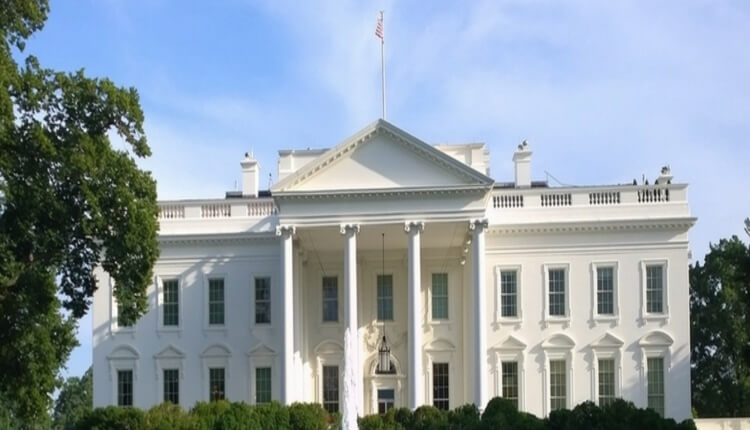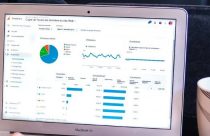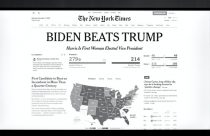U.S. Government Shutdown Negatively Impacts Scientific Research

Since President Donald Trump took office, his administration has been affecting the scientific community. From gag orders to funding cuts to the reshuffling of scientific advisory boards to allow industry membership, there have been numerous significant changes. President Trump also withdrew the US from the Paris Agreement and closed National Science Foundation offices overseas, both of which had global impact as well. Now, President Trump’s third year in office begins with some tough news for science— a partial government shutdown. While the shutdown does not directly affect some agencies that already received full funding, others have not been so fortunate. Today, we look at the impact the shutdown is having on the scientific and research community in the US, and what outcomes it may have.
What’s Behind the Shutdown?
The partial government shutdown went into effect on December 22 after President Trump and the Democrats failed to agree on a bipartisan spending deal. The shutdown is currently the second-longest in modern US history. It affects more than 800,000 federal workers. Many have been forced to stay home until the government reopens. Others must continue to work without pay. Affected agencies cannot receive funding until the shutdown ends. This has already impacted wide swathes of the US economy, as services are reduced or stopped altogether.
Scientific agencies are no exception. The National Institutes of Health, the Centers for Disease Control and Prevention, and the departments of energy and defense remain open even after the shutdown. NASA, the National Oceanic and Atmospheric Administration (NOAA), the National Institute of Standards and Technology (NIST), the U.S. Geological Survey, the Agricultural Research Service, the Fish and Wildlife Service, and the Forest Service, however, have all been shuttered.
The Consequences for Scientific Research
The closing of these agencies is having an extraordinary impact on scientists. Furloughed government scientists cannot check on experiments, perform observations, collect data, conduct tests, or share their results. Christine McEntee, executive director of the American Geophysical Union, highlighted some of the projects this will affect.
Kay Behrensmeyer, curator of vertebrate paleontology at the National Museum of Natural History, was forced to forgo a research trip to Kenya that was two years in the making because of the shutdown. Hundreds of federal employees were unable to attend conferences and meetings. Few of these include that of the American Astronomical Society in Seattle and the American Meteorological Society’s in Phoenix.
But perhaps the greatest impact on scientific research comes from the closing of NSF and the National Institute of Food and Agriculture (NIFA). Grant proposals remain stuck in the review process. The researchers keep waiting for funding amidst uncertainty and delays. Benjamin Corb, director of public affairs for the American Society for Biochemistry and Molecular Biology, do not support the government shutdown. According to them, the shutdown is strangling the American scientific enterprise for no good reason. Ken Kimmell, president of the Union of Concerned Scientists in Cambridge, Massachusetts, said, “[I]f a scientist misses the window of research opportunity because of a shutdown, it has a real impact on the agency’s science-based work—and taxpayer dollars.”
Will This Affect Future Research?
Even if the government reopens tomorrow, the impact of the shutdown will remain for months or years to come. The shutdown also impacts the confidence in the US government to provide research funding and be a reliable collaborating partner. In the meantime, all researchers can do is wait— and hope— for resolving the situation.
Did the US government shutdown affect you as well? What could be some of its consequences? Let us know your thoughts in the comments below.










Comments are closed.